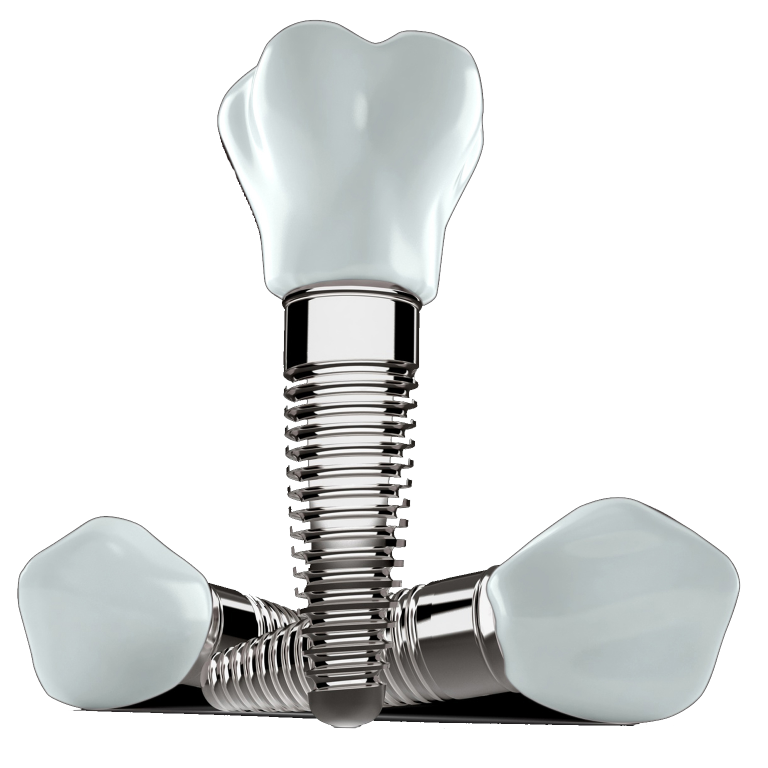MEDICAL DEVICES : Ensuring the safety and efficacy of through preclinical medical device testing
Porsolt is a leading provider of preclinical medical device testing services. We offer a comprehensive range of services to help you ensure the safety and efficacy of your devices, from initial concept to market launch.
We understand that the development of a new medical device is a complex and challenging process, especially in therapeutic areas (dermatology, oncology, pain, etc.) with limited treatment options. That’s why we work with you every step of the way to ensure that your device is safe and effective for patients.
SCROLL

MEDICAL DEVICES

Cytoxicity
Cytotoxicity is the ability of a substance to damage or kill cells. Preclinical medical devices are often tested for cytotoxicity to ensure that they are safe for use in humans. Our medical device CRO services for medical device testing include cytotoxicity testing capabilities.
| MTT colorimetric cell viability assay | L929 cells |
| Neutral Red colorimetric cell viability Assay | 3T3 cells |

Genotoxicity
Genotoxicity is the ability of a substance to damage or alter the genetic material (DNA) of a cell. This can lead to cell death, mutations, and cancer. Genotoxicity testing is an important part of the development process for preclinical medical devices testing, and is typically conducted by a medical device testing laboratory.
| Micronucleus assay | TK6 cells |
| Postural hypotension (telemetry) | Rat |

Irritation
Irritation is a local inflammatory reaction to a substance or condition that causes redness, swelling, pain, and itching. It is an important property to consider during preclinical medical device development, as it can affect the safety of the device.
| Reconstituted human epidermis irritation assay | Episkin |
| HET-CAM (Hen’s Egg Test Chorio Allantoic Membrane) - alternative to occular irritation assay | Chicken egg |
| Acute dermal irritation (topical application) | Rabbit |
| Intradermal reactivity test (intracutaneous injection) | Rabbit |
| Skin irritation test | Rabbit |

Skin Sensitization
Skin sensitization is a serious problem, as it can lead to a variety of allergic reactions, including contact dermatitis, hives, and even anaphylaxis. This is why it is important to test medical devices for skin sensitization before they are used in human subjects. Our medical device CRO services offer skin sensitization capabilities which can be used to assess the skin sensitization potential of medical devices in vitro, using cell cultures or animal models.
| Guinea-pig Maximization Test (GPMT) | Guinea-pig |
| Local Lymph Nodes Assay (LLNA) | Mouse |

Toxicity
Toxicity is the degree to which a substance can cause harm to living organisms. Toxicity can be caused by a variety of substances, including objects and devices, chemicals, drugs, and even radiation. Preclinical medical devices development can also be toxic, if they are not properly designed and tested.
| Acute systemic toxicity (or repeated doses) alternative to embryotoxicity in mammals | Chicken egg |
| Acute systemic toxicity | Mouse - Rat |
| Repeated doses systemic toxicity | Mouse - Rat |
Porsolt’s approach to preclinical medical device testing is based on intricate medical device laboratory testing strategies that simulate the interactions between devices and biological systems. These activities allow us to uncover potential allergic reactions or adverse responses, including deep vein thrombosis histology, and our meticulous analysis aids in identifying sensitization risks. This information can then be used to refine device materials and design to ensure patient safety and regulatory compliance.
Elevating Preclinical Testing of Medical Devices with Porsolt’s Expertise
Porsolt boasts an expansive range of meticulously validated models and technical capabilities that have been refined over numerous years. This wealth of expertise empowers us to deliver comprehensive testing services for preclinical medical devices, aligning seamlessly with ISO and OECD guidelines. Our offerings encompass both in vitro and in vivo models, targeting critical aspects of sensitization, toxicity, and safety assessment.
As a trusted leader in preclinical research, Porsolt recognizes the paramount importance of rigorous testing for medical devices. Our comprehensive suite of models is thoughtfully designed to emulate real-world scenarios, ensuring a holistic evaluation of device performance, safety, and compatibility. By adhering to internationally recognized ISO and OECD standards, we uphold the highest quality benchmarks, delivering reliable and reproducible results.
For more information about our preclinical medical device testing services and how we can support your specific project’s needs, please visit our website or contact us.
Porsolt
Z.A. de Glatigné
53940 Le Genest-Saint-Isle, France
Telephone +33 2 43 69 36 07
Legal Notice
Any questions or concerns ?
CONTACT US


